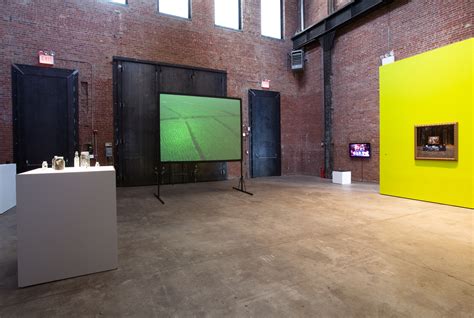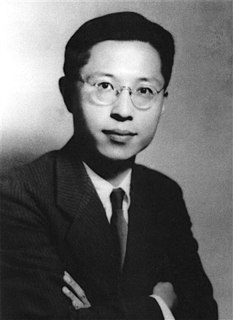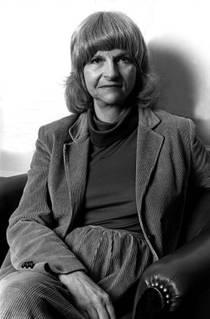A Quote by Lionel Trilling
The function of literature, through all its mutations, has been to make us aware of the particularity of selves, and the high authority of the self in its quarrel with its society and its culture. Literature is in that sense subversive.
Related Quotes
Instead of educating the I.Q., we need to educate the H.Q., the heart quotient, the matters of truth, love, justice, and compassion. There are two ways to do this. One is through the read life experiences and the other is through literature. Literature has the power to take us outside ourselves and returns to ourselves a changed self.
Literature cannot develop between the categories "permitted"—"not permitted"—"this you can and that you can't." Literature that is not the air of its contemporary society, that dares not warn in time against threatening moral and social dangers, such literature does not deserve the name of literature; it is only a facade. Such literature loses the confidence of its own people, and its published works are used as waste paper instead of being read. -Letter to the Fourth National Congress of Soviet Writers
There is first the literature of knowledge, and secondly, the literature of power. The function of the first is--to teach; the function of the second is--to move, the first is a rudder, the second an oar or a sail. The first speaks to the mere discursive understanding; the second speaks ultimately, it may happen, to the higher understanding or reason, but always through affections of pleasure and sympathy.
Kafka often describes himself as a bloodless figure: a human being who doesn't really participate in the life of his fellow human beings, someone who doesn't actually live in the true sense of the word, but who consists rather of words and literature. In my view, that is, however, only half true. In a roundabout way through literature, which presupposes empathy and exact observation, he immerses himself again in the life of society; in a certain sense he comes back to it.
I have another aspect of my career where I'm a scholar of Yiddish and Hebrew literature, and I'll say that when you study Yiddish literature, you know a whole lot about forgotten writers. Most of the books on my shelves were literally saved from the garbage. I am sort of very aware of what it means to be a forgotten artist in that sense.
I moved here when I was 20 to go to college. After I moved here, I became much more aware of the importance of the culture and literature to my life. Sometimes when you're immersed in something, you just don't notice it very much. Moving away makes you appreciate your culture. Living here, I've thought more and more about India, and what being Indian-American means to me. And it's made me incorporate things from Indian literature into my own writing.
The great subversive works of children's literature suggest that there are other views of human life besides those of the shopping mall and the corporation. They mock current assumptions and express the imaginative, unconventional, noncommercial view of the world in its simplest and purest form. They appeal to the imaginative, questioning, rebellious child within all of us, renew our instinctive energy, and act as a force for change. This is why such literature is worthy of our attention and will endure long after more conventional tales have been forgotten.
Most British playwrights of my generation, as well as younger folks, apparently feel somewhat obliged to Russian literature - and not only those writing for theatres. Russian literature is part of the basic background knowledge for any writer. So there is nothing exceptional in the interest I had towards Russian literature and theatre. Frankly, I couldn't image what a culture would be like without sympathy towards Russian literature and Russia, whether we'd be talking about drama or Djagilev.



































